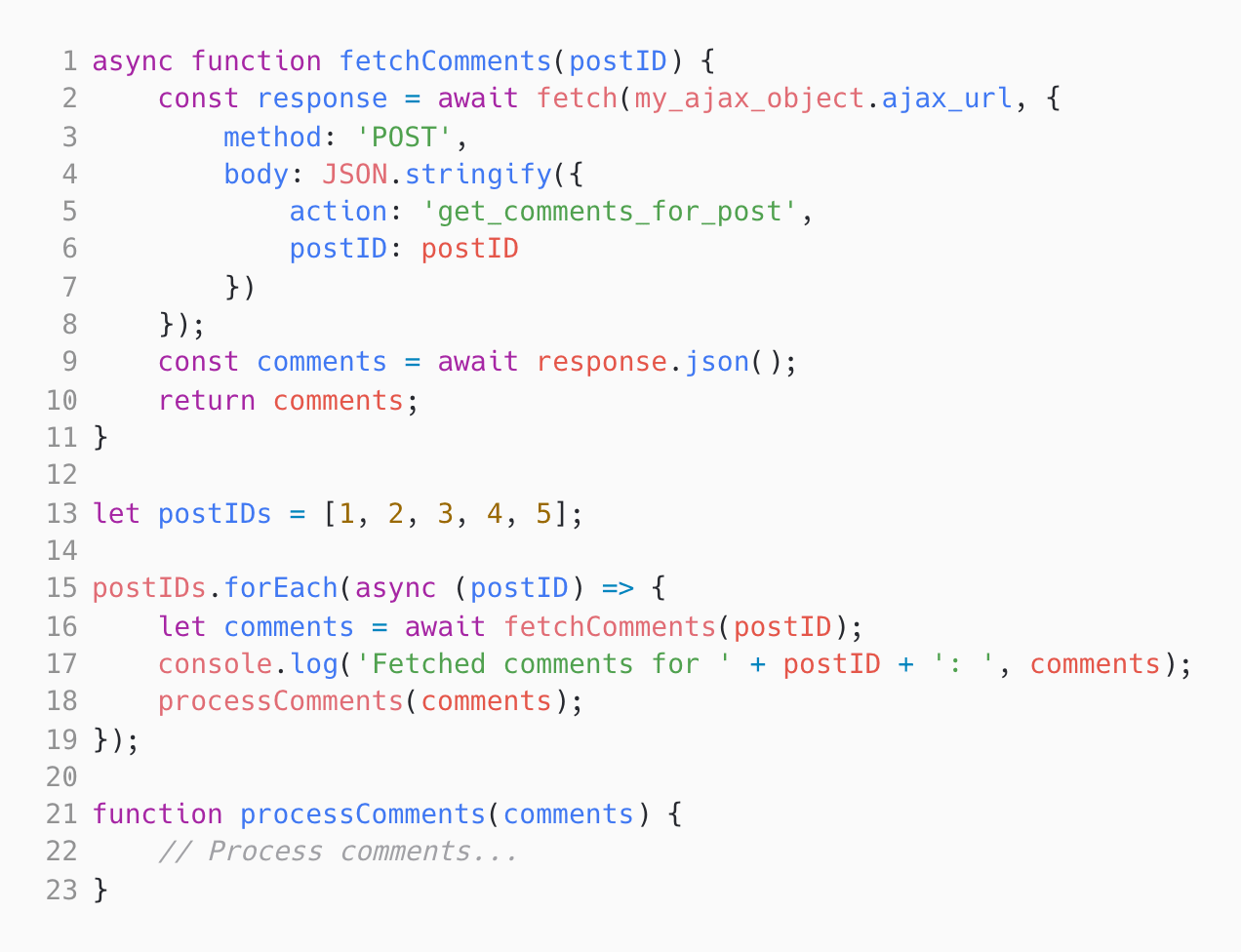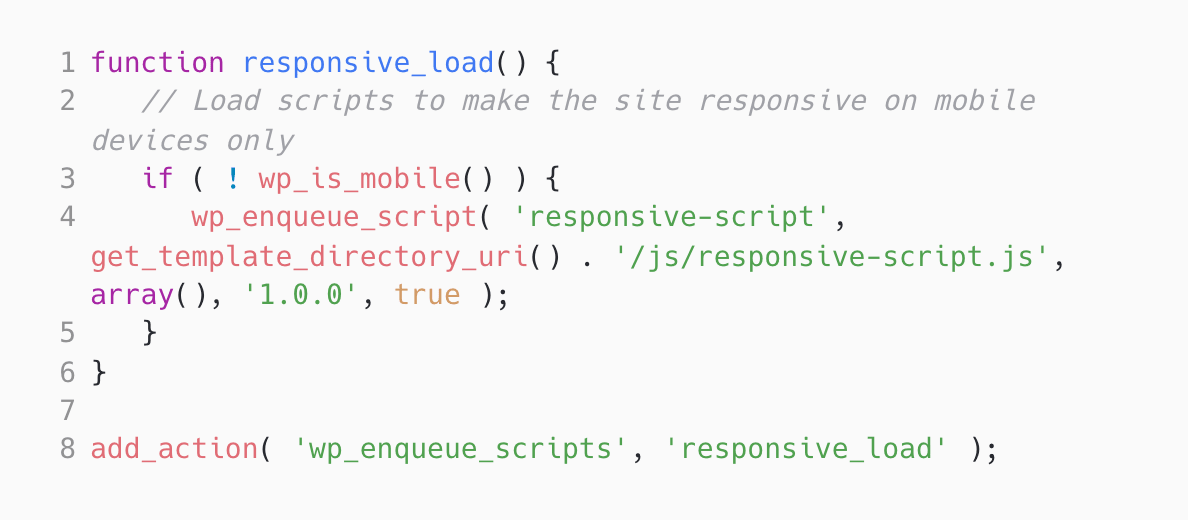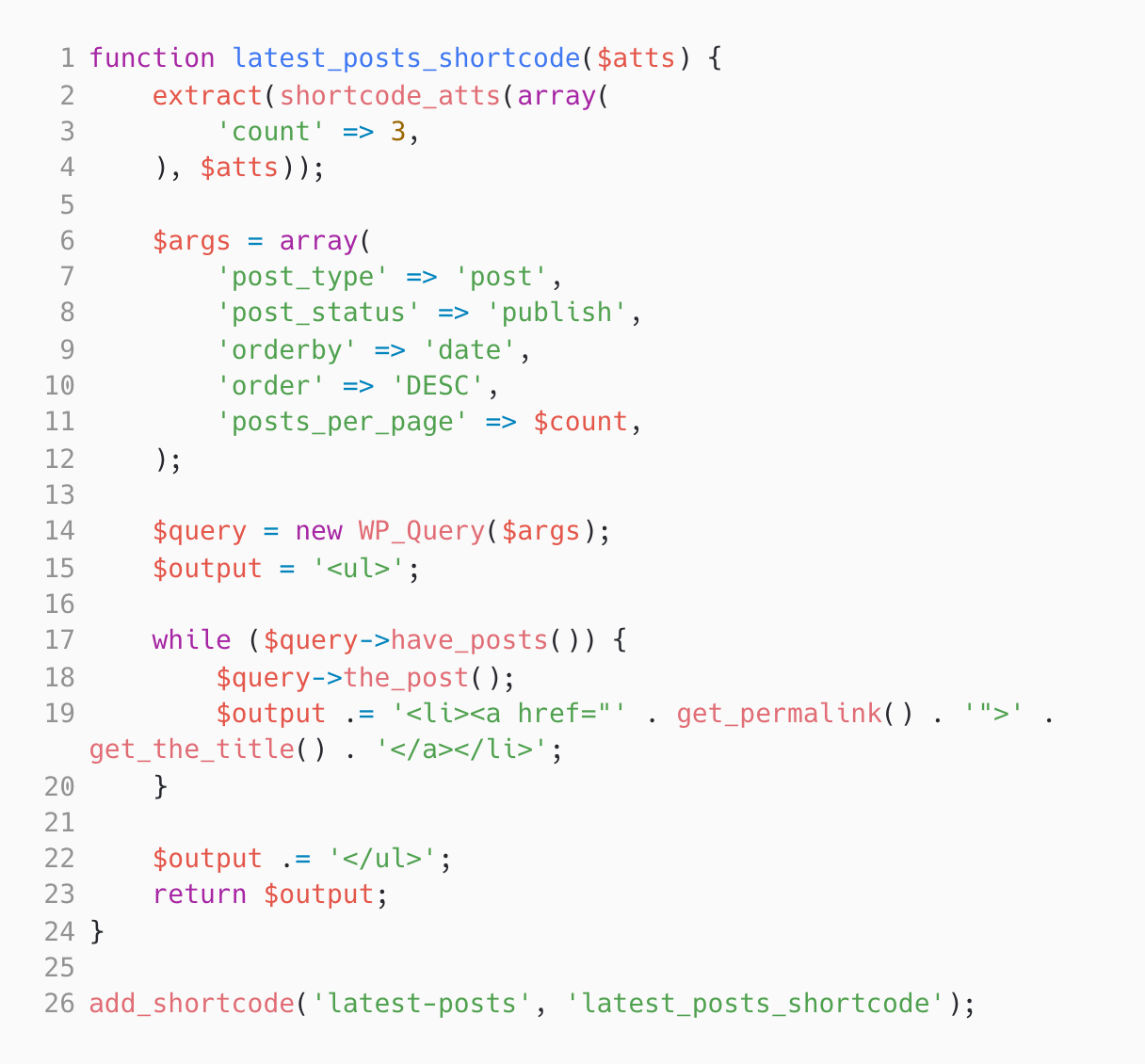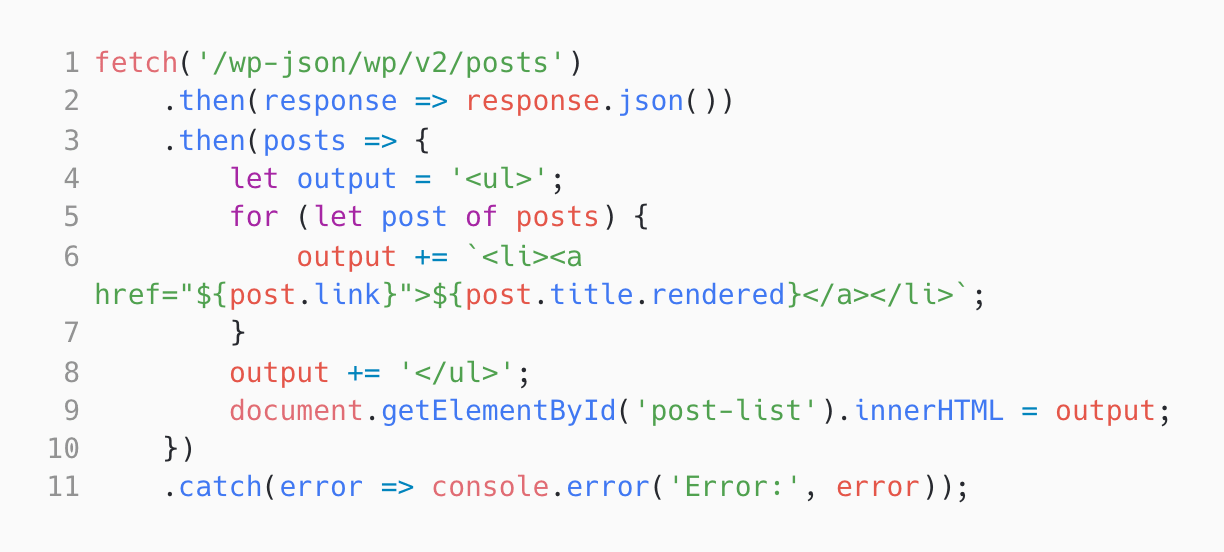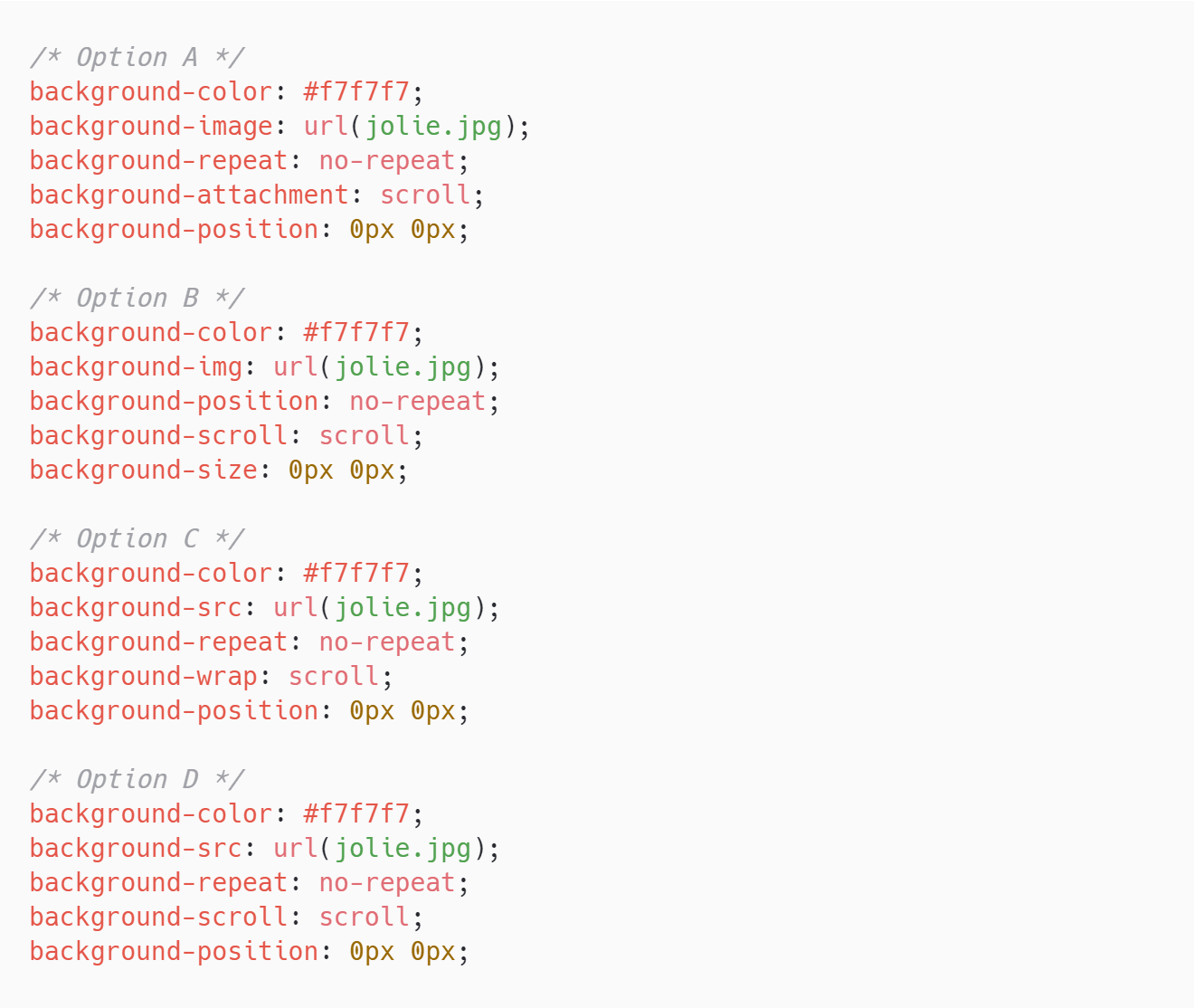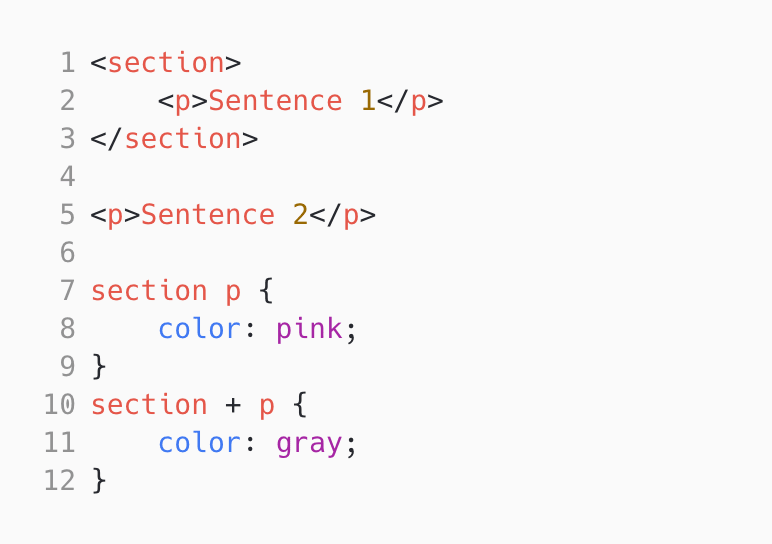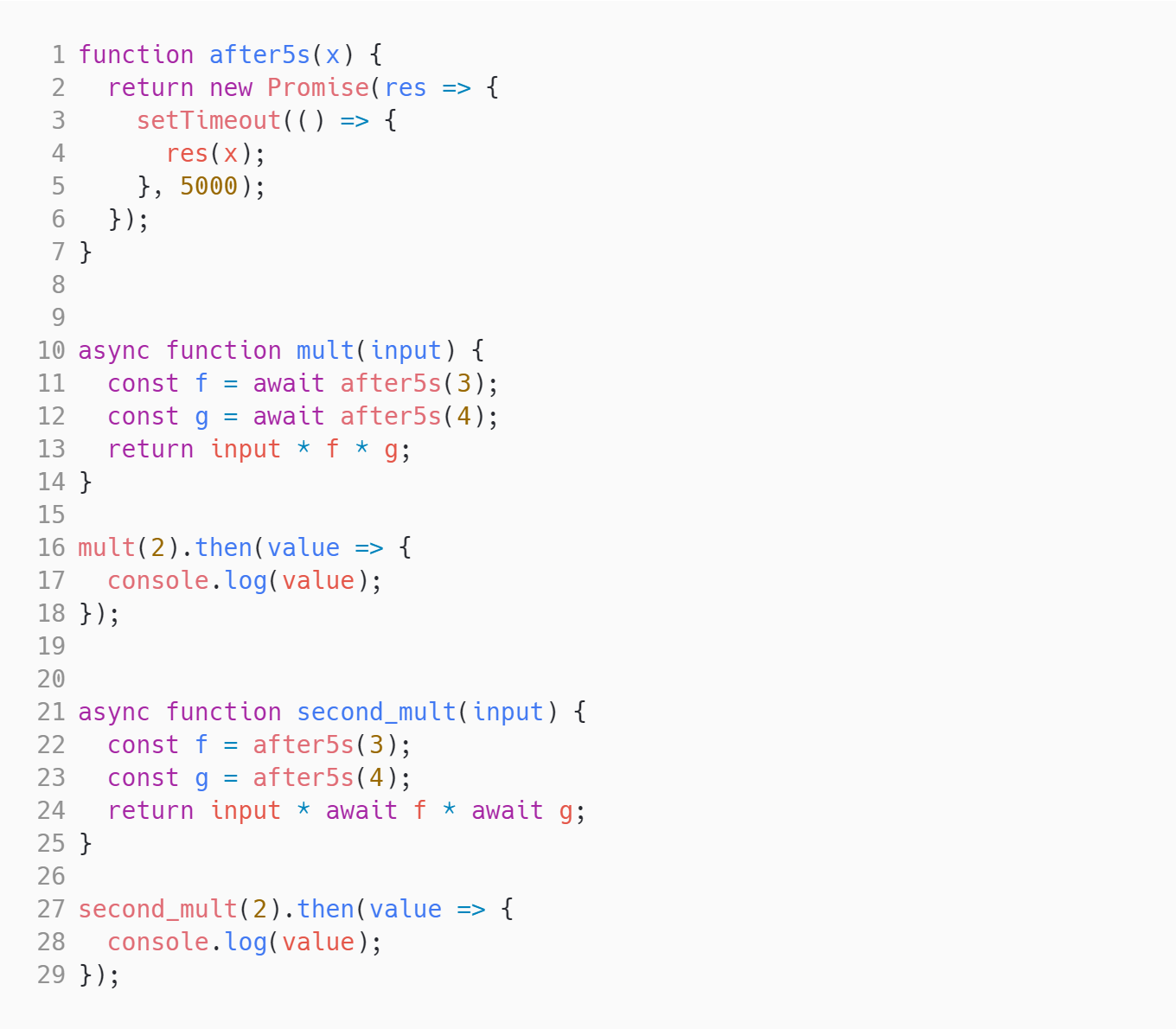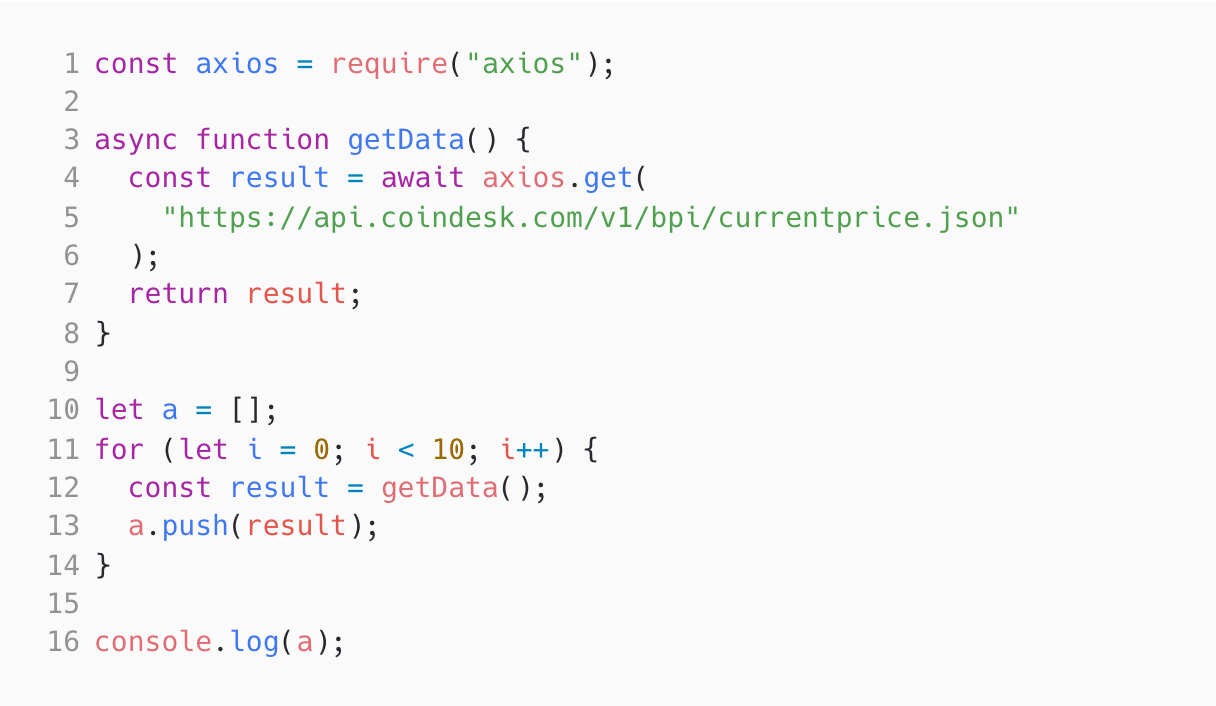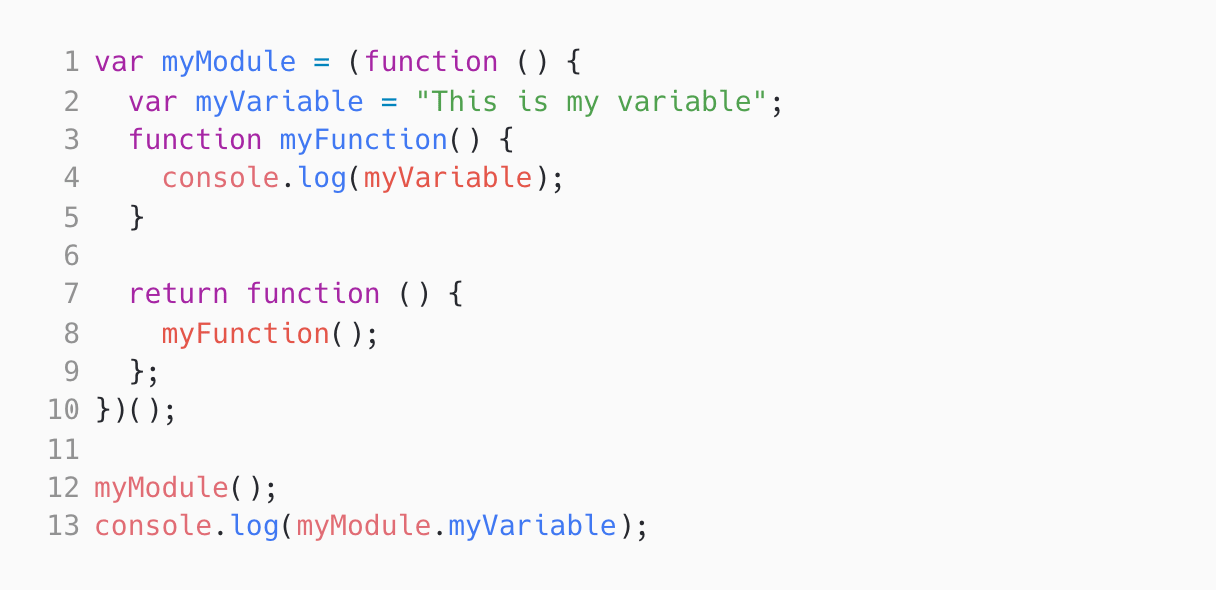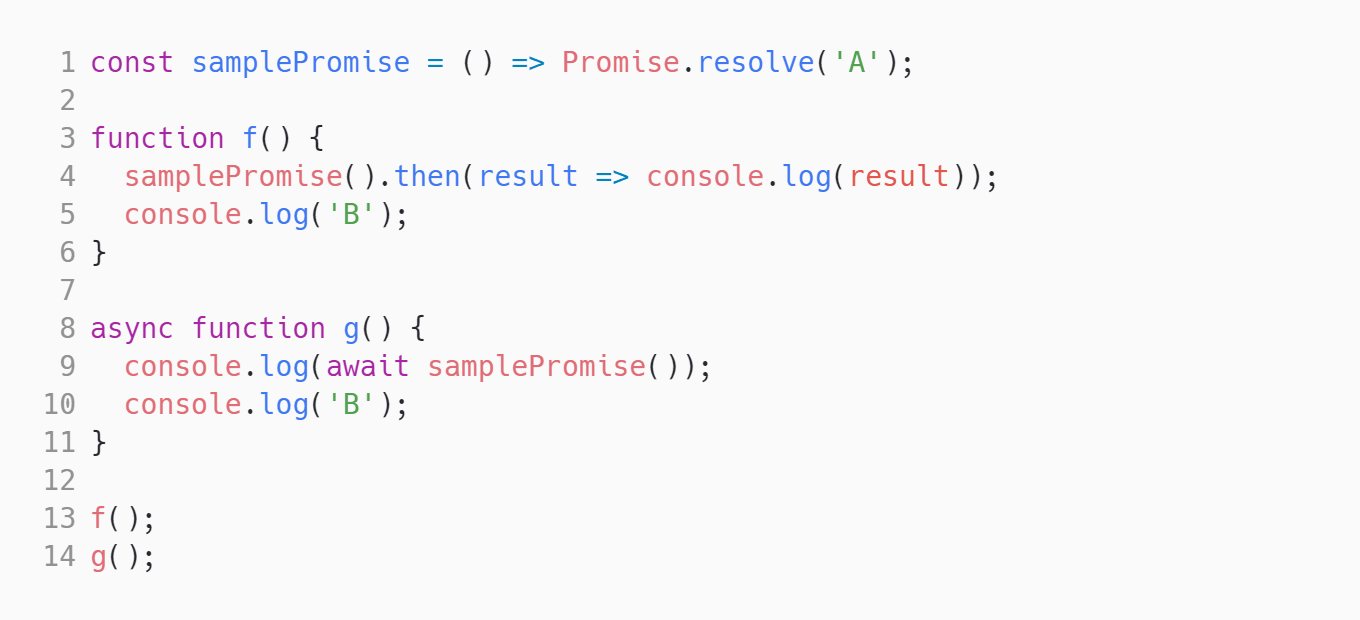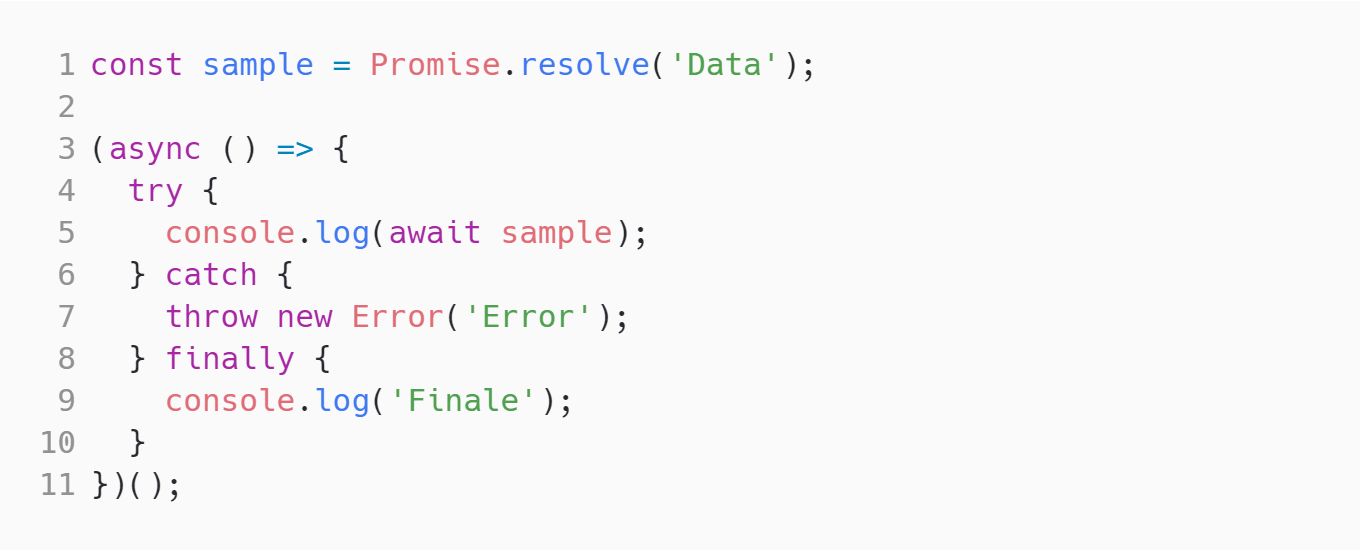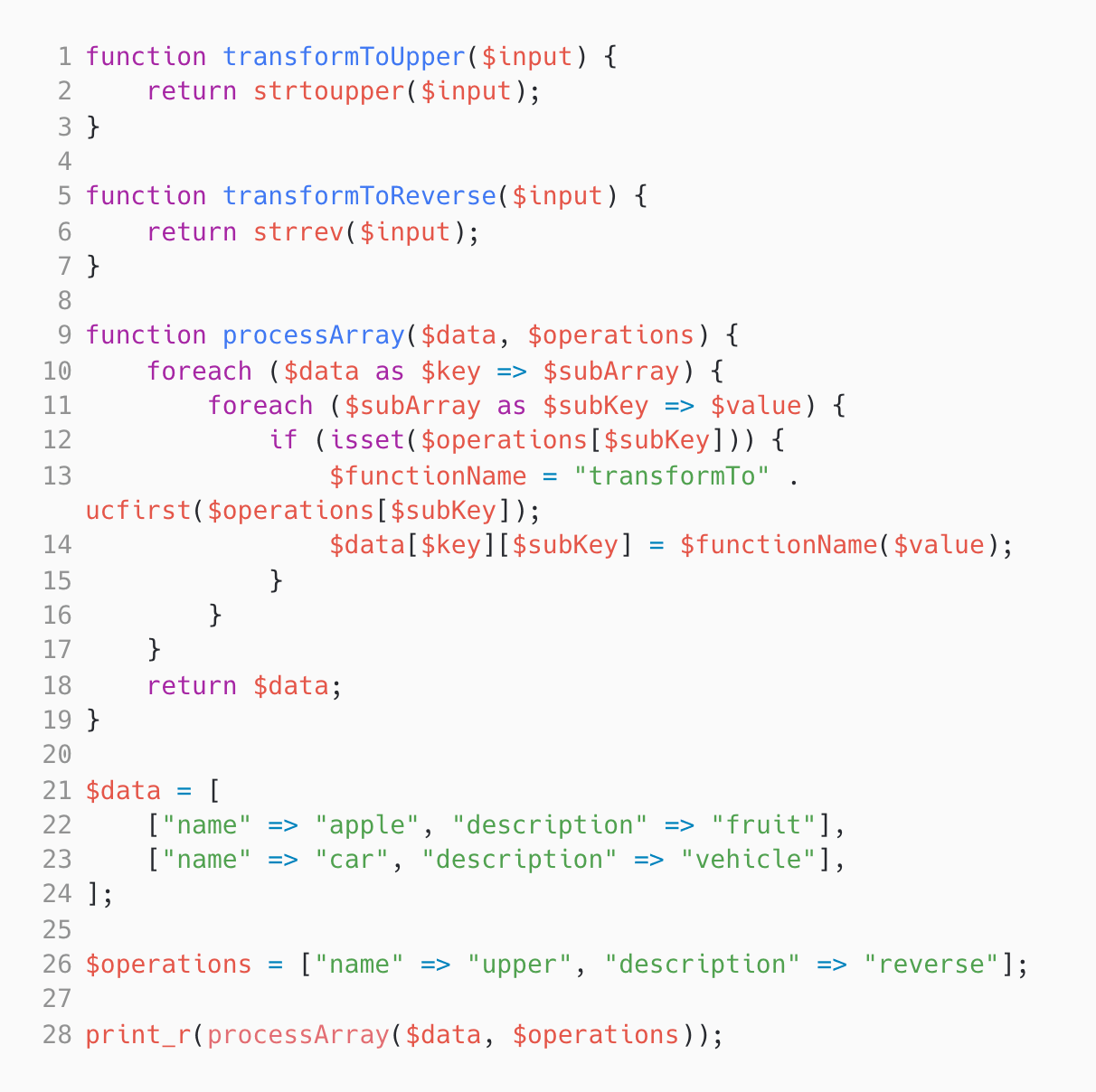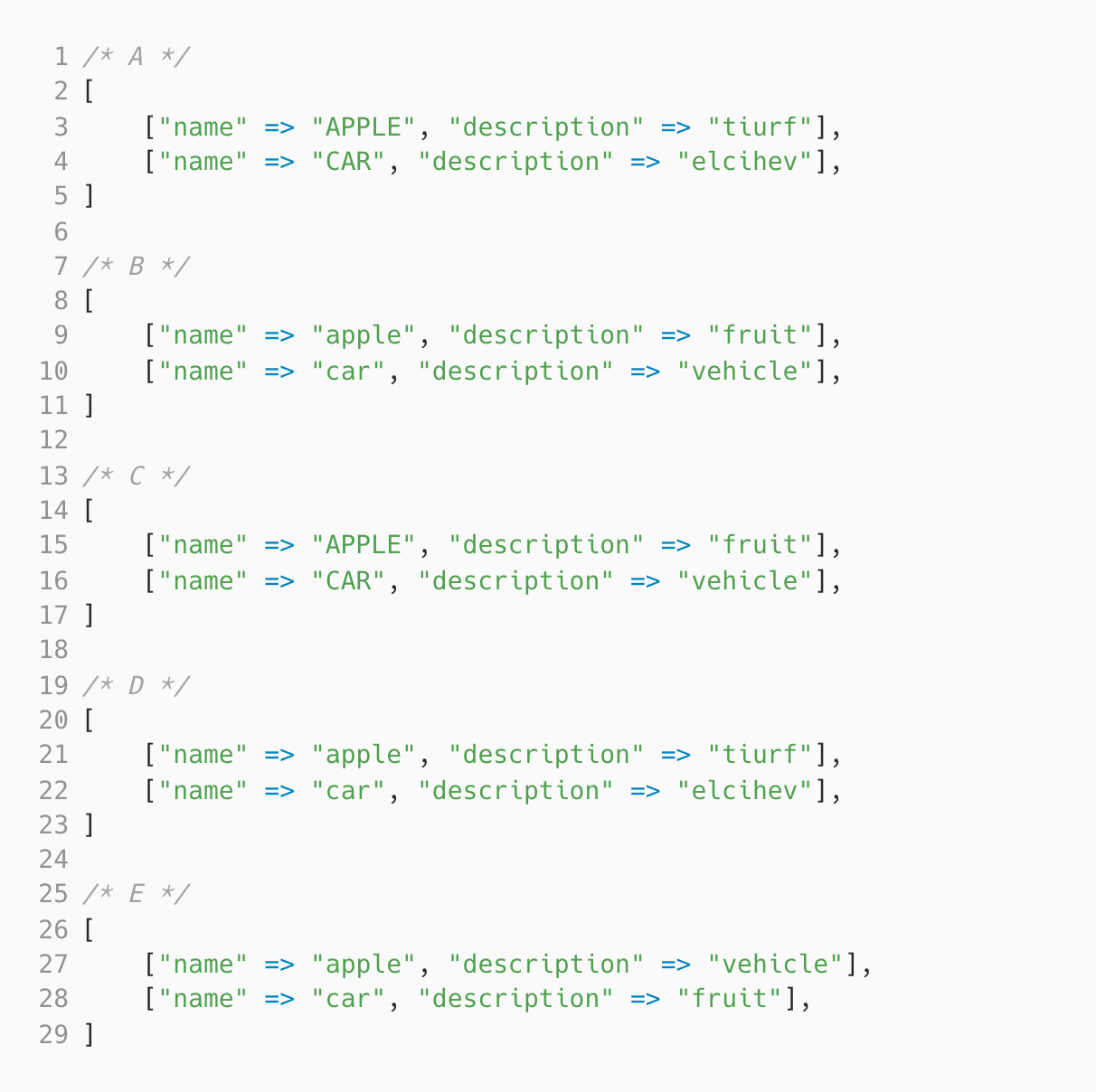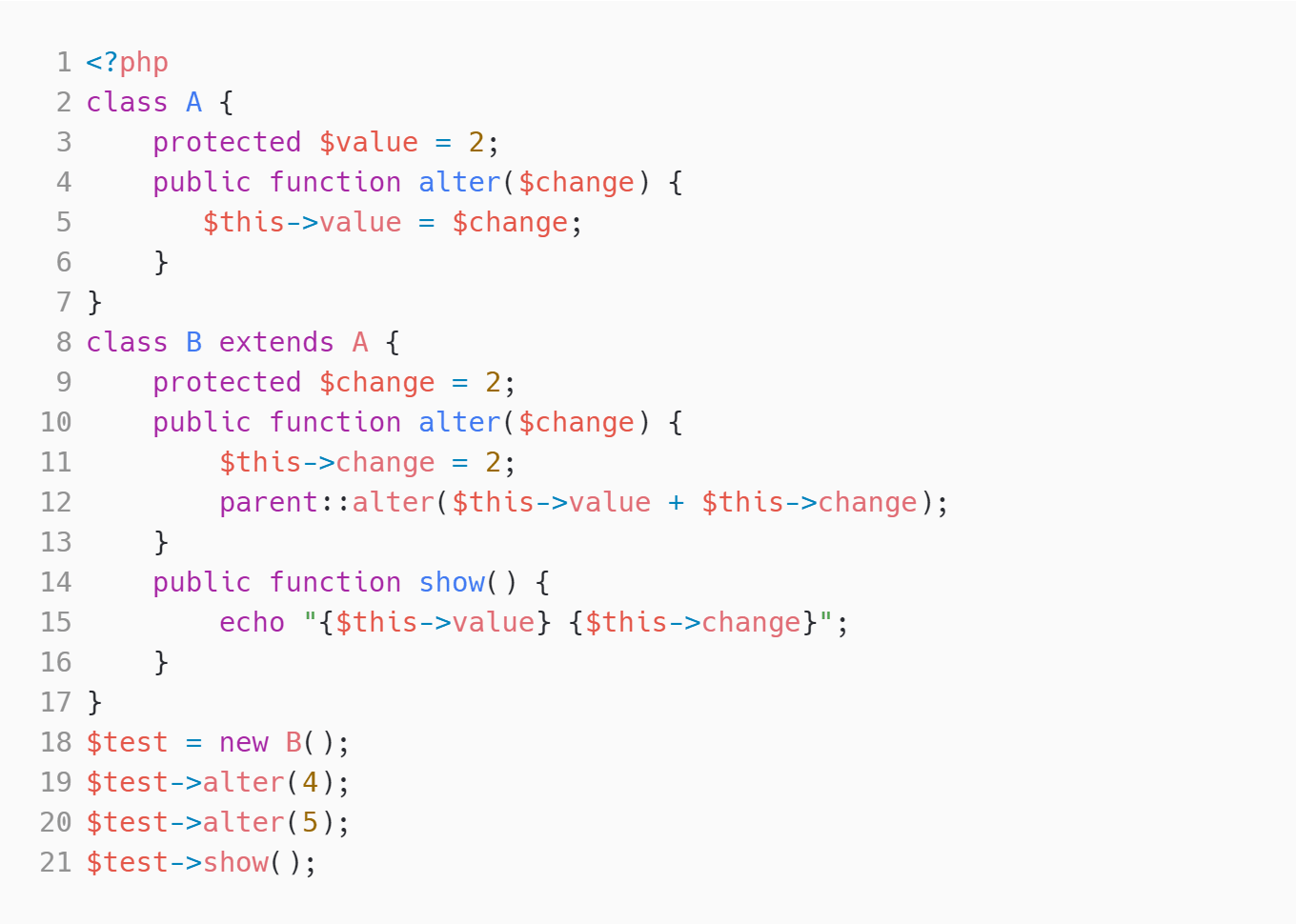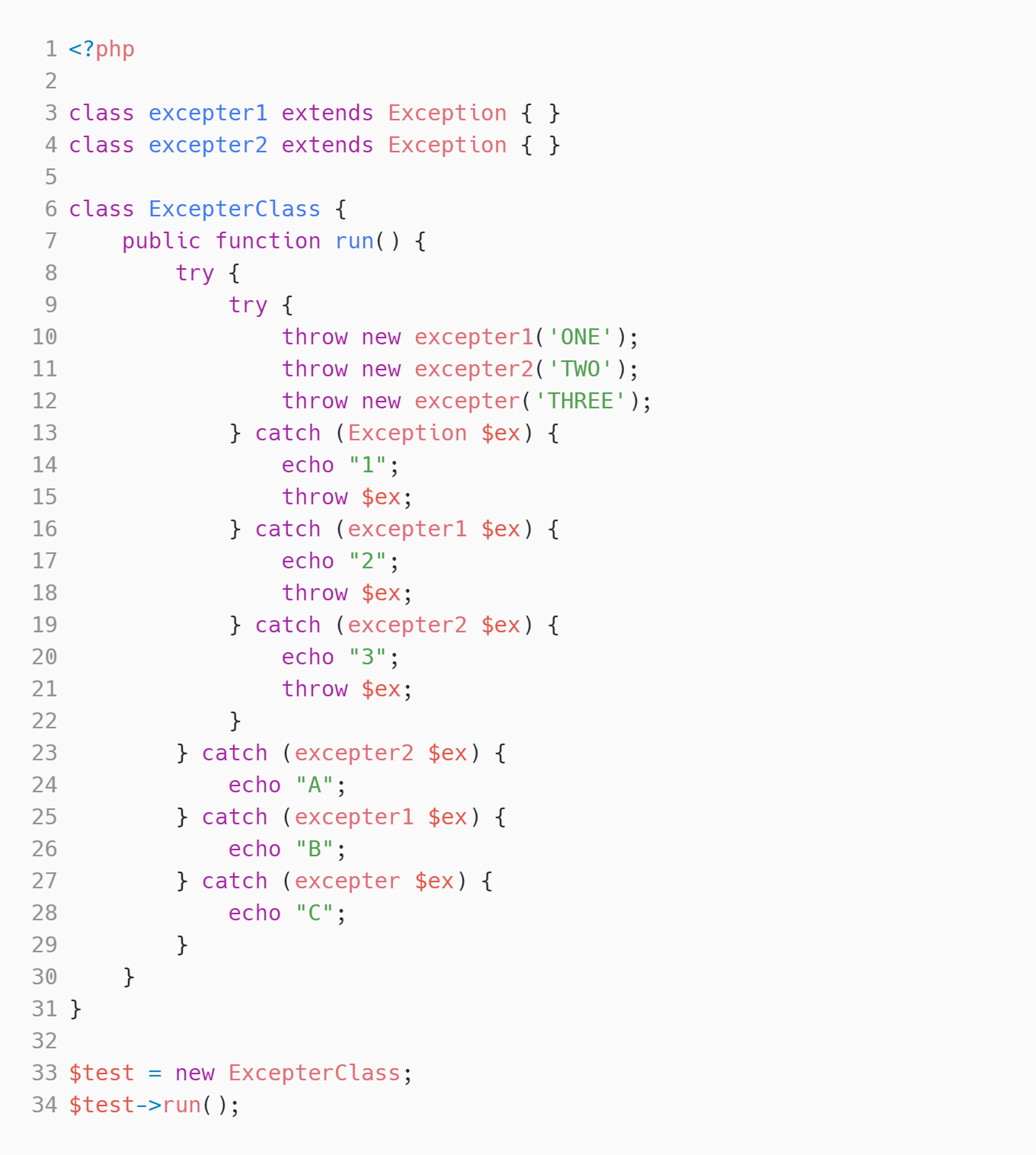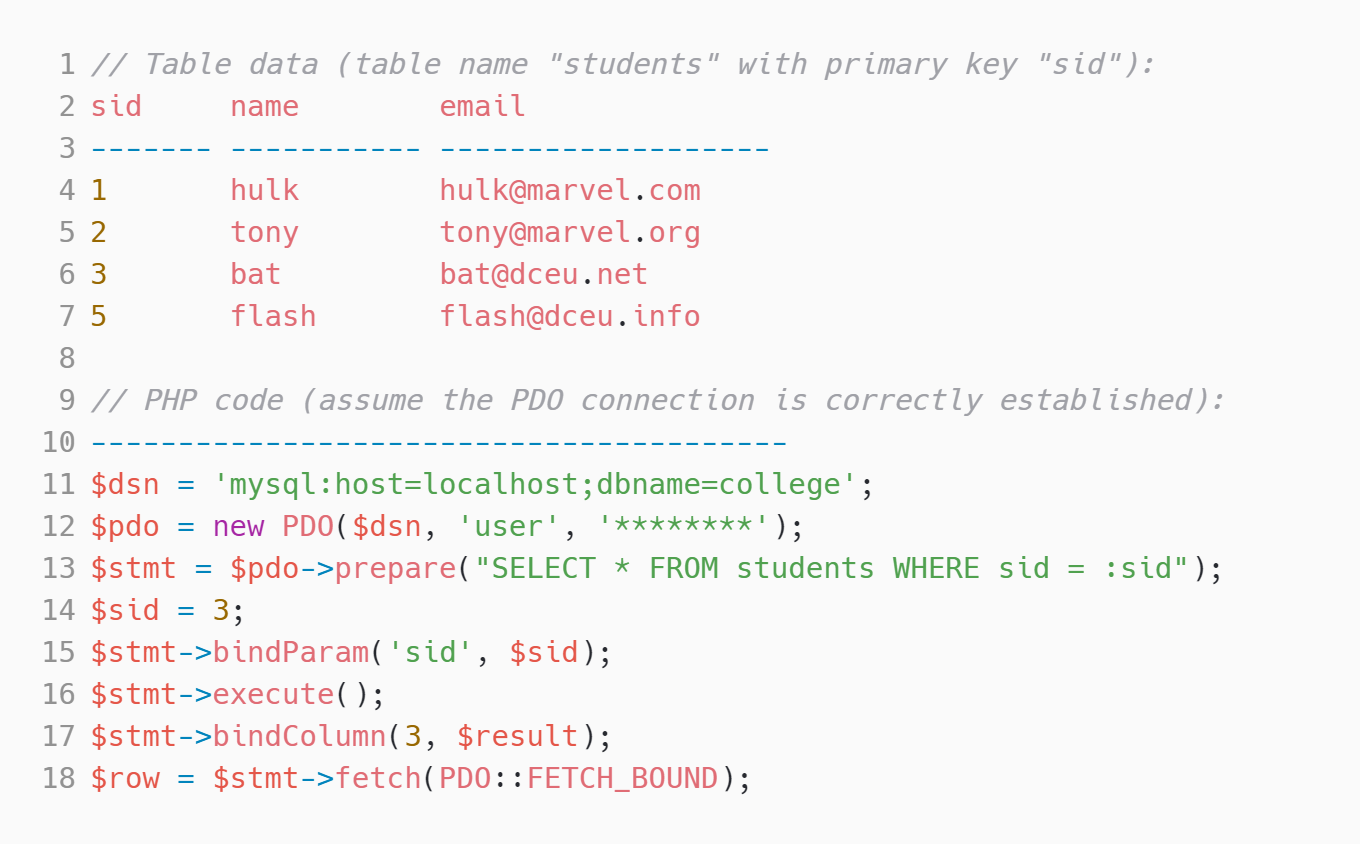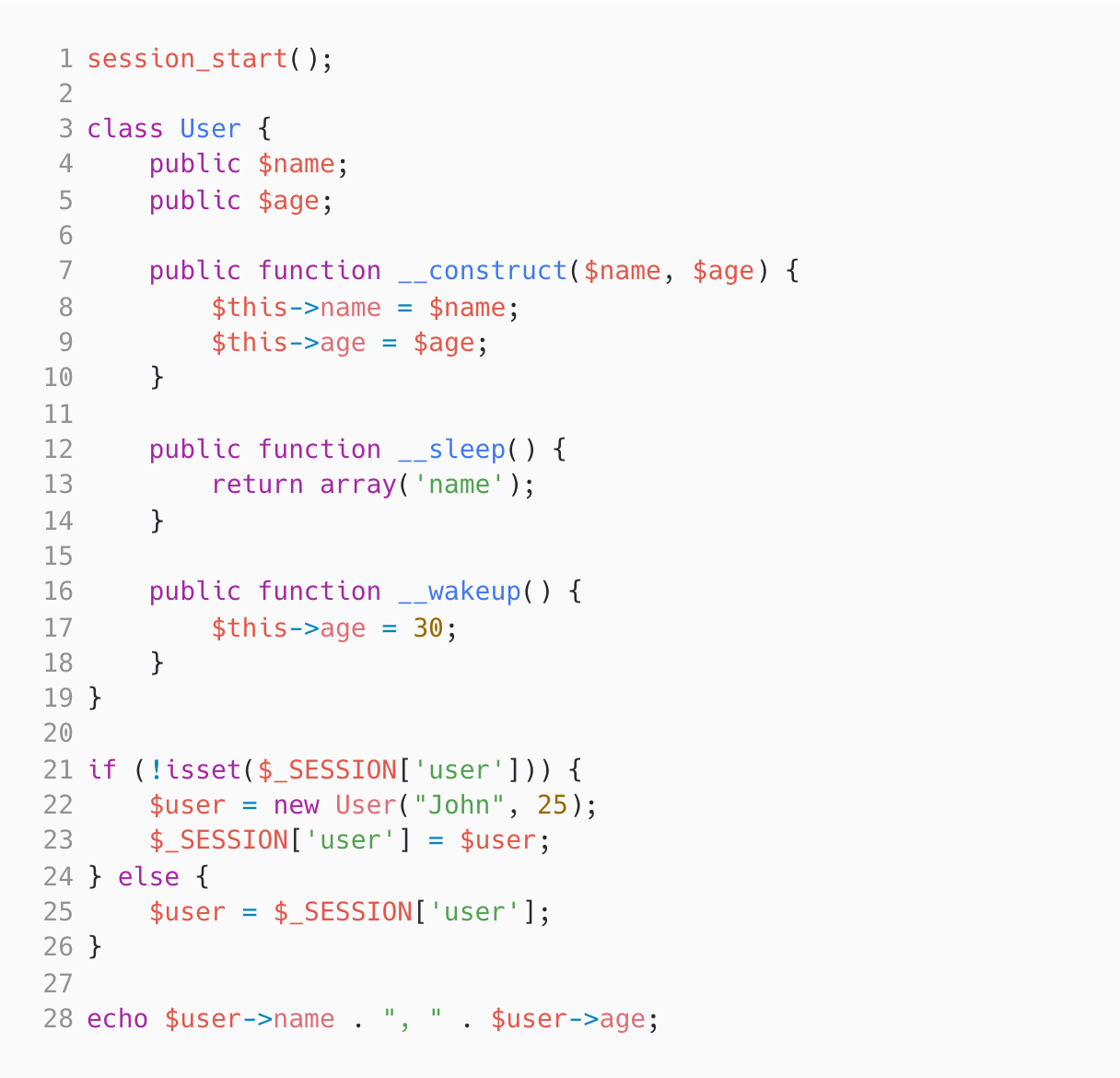Installing WordPress on self-hosted servers: This skill involves the process of setting up and configuring a WordPress installation on a server. It includes tasks such as downloading the WordPress files, creating a database, and configuring the necessary settings. Measuring this skill in the test helps assess a candidate's ability to properly install and set up a WordPress site, which is an essential foundation for any WordPress developer.
Converting Bootstrap templates to WordPress theme: This skill revolves around taking a pre-designed website template built with Bootstrap and converting it into a fully functional WordPress theme. It involves understanding the structure of a WordPress theme, integrating the template's HTML and CSS into the theme files, and making the necessary adjustments to ensure proper functionality. Measuring this skill helps evaluate a candidate's ability to work with existing designs and convert them into WordPress themes.
Navigate around the WordPress core: This skill refers to a candidate's ability to navigate and work within the WordPress core files, including the main functions.php file, template files, and other essential files. It includes understanding the file structure, locating and editing specific sections of code, and leveraging WordPress functions and hooks. Testing this skill helps assess a candidate's familiarity and efficiency in working with the WordPress core.
Understanding of plugin and theme architecture: This skill involves comprehending the architecture and structure of plugins and themes in WordPress. It includes understanding how to create and organize files and directories, using specific naming conventions, implementing hooks and filters, and properly integrating with the WordPress system. Assessing this skill helps determine a candidate's knowledge and proficiency in developing plugins and themes that follow best practices and adhere to WordPress standards.
Customizing WordPress theme (plugins; widgets): Customizing a WordPress theme involves making modifications to the appearance, functionality, and behavior of a theme. This skill entails working with plugins, widgets, and code changes to achieve the desired customizations. Evaluating this skill in the test helps gauge a candidate's ability to implement customizations effectively, enhancing the visual appeal and user experience of a WordPress site.
Managing updates and securing WordPress sites: This skill focuses on a candidate's knowledge and expertise in managing updates and securing WordPress sites. It covers tasks such as keeping WordPress core, plugins, and themes up to date, implementing security measures, and ensuring the site's protection against vulnerabilities and attacks. Evaluating this skill helps assess a candidate's ability to maintain and safeguard WordPress sites, ensuring their stability, reliability, and security.
Database queries to create tables: This skill involves using database queries to create tables in WordPress. It includes understanding the structure and syntax of SQL queries, creating tables with the appropriate fields and data types, and properly integrating them into the WordPress database. Assessing this skill helps determine a candidate's ability to work with databases in WordPress, which is crucial for storing and retrieving data efficiently.
Optimizing WordPress sites for SEO: This skill revolves around optimizing WordPress sites for search engine optimization (SEO). It includes tasks such as configuring permalinks, optimizing meta tags, improving site speed and performance, and implementing other SEO best practices. Measuring this skill helps evaluate a candidate's ability to optimize WordPress sites for better visibility and ranking in search engine results.
Basics of HTML/CSS: This skill encompasses the basic understanding and proficiency in HTML and CSS, which are fundamental web development languages. It involves knowledge of HTML tags, attributes, and structure, as well as CSS selectors, properties, and styling techniques. Assessing this skill helps determine a candidate's foundation in front-end development, essential for creating and customizing WordPress themes and templates.
Basics of JavaScript and PHP: This skill focuses on the basic understanding and familiarity with JavaScript and PHP languages. It includes knowledge of JavaScript syntax, DOM manipulation, and basic scripting concepts, as well as familiarity with PHP syntax, variables, functions, and control structures. Testing this skill helps evaluate a candidate's ability to work with client-side and server-side scripting, which are crucial for building dynamic and interactive features in WordPress.





















